In the rapidly evolving digital landscape, the integration of innovative technologies into education has become crucial. One such technology that is making its mark is blockchain, and specifically, Ethereum. This decentralized platform is not only transforming industries but is also finding its way into educational institutions, creating new opportunities for both educators and students. In this article, we’ll delve into the realm of “Ethereum in Education,” exploring how blockchain curriculums and learning resources are shaping the future of learning.
As the digital revolution reshapes industries, it’s no surprise that education is also embracing new technologies to enhance learning experiences. Ethereum, a blockchain platform, offers a decentralized and secure environment for transactions and smart contracts. This technology has transcended its financial roots and is now revolutionizing education.
Understanding Ethereum and Blockchain Technology
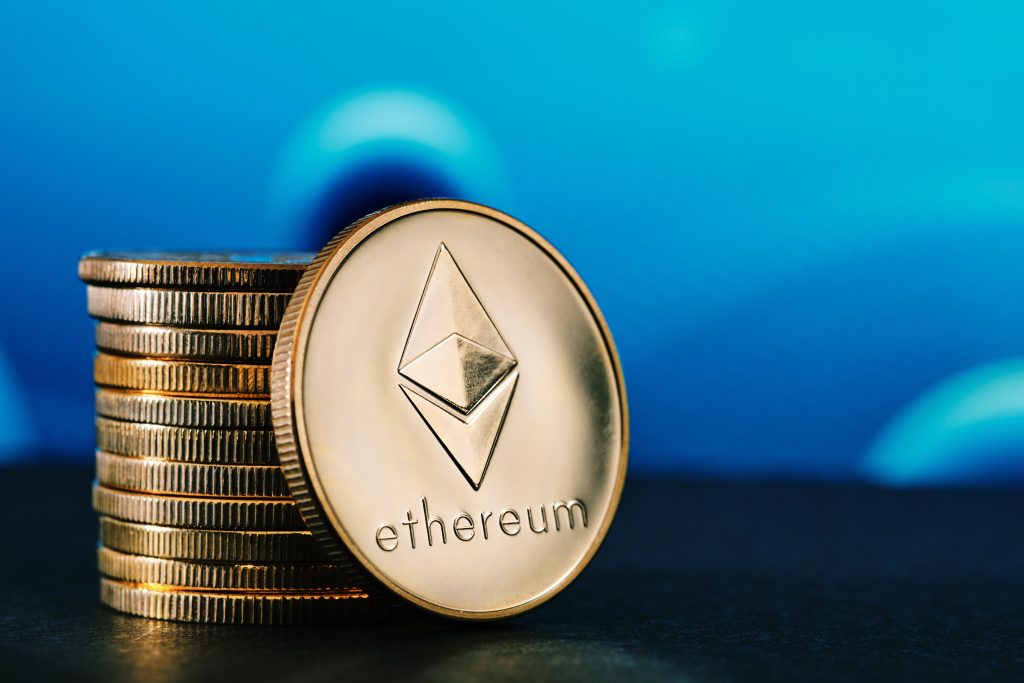
Ethereum serves as a decentralized platform that enables the creation and execution of smart contracts and distributed applications (DApps). Blockchain, the underlying technology of Ethereum, ensures transparency and immutability of data, enhancing security in various sectors, including education. Blockchain education goes beyond theory, empowering students to engage with practical applications. From understanding digital wallets to exploring decentralized finance (DeFi) platforms, students are gaining hands-on experience in a groundbreaking field.
Integrating Ethereum into education offers numerous advantages. It promotes critical thinking, problem-solving, and collaboration among students. Moreover, students learn about secure transactions, fostering digital literacy that’s relevant in a blockchain-driven world.
Ethereum-Based Learning Resources
Educators are leveraging Ethereum-based learning resources to provide comprehensive insights. Interactive tutorials, blockchain simulators, and coding challenges offer students experiential learning opportunities that bridge theory and practice. Crafting a blockchain curriculum involves addressing challenges such as rapidly evolving technology and the need for up-to-date content. Collaborations with industry experts and continuous learning opportunities for educators are essential.
Case Studies: Institutions Leading the Way
Institutions worldwide are pioneering blockchain education. Universities are offering specialized courses, workshops, and even degree programs in blockchain and cryptocurrencies. This hands-on learning approach prepares students for careers in blockchain development, auditing, and more. Educators must equip students with skills for a decentralized future. From smart contract development to understanding token economics, students should be well-versed in blockchain’s potential across various industries.
Ensuring Ethical and Secure Use of Blockchain in Education

With innovation comes responsibility. Educators must emphasize ethical blockchain usage and cybersecurity practices. This includes educating students about potential risks and instilling values of data privacy and security. While the benefits of blockchain education are evident, challenges like the lack of standardized curriculum and misconceptions about cryptocurrencies persist. Addressing these barriers is vital to mainstreaming blockchain education. Educators play a pivotal role in nurturing blockchain talent. Training teachers to effectively teach blockchain concepts and applications ensures students receive quality education that aligns with industry demands.
Blockchain’s interdisciplinary nature encourages collaboration between academia and industry. Partnerships enable students to work on real-world projects, ensuring they graduate with practical experience and relevant skills.
Fostering Innovation through Hackathons and Projects
Hackathons and blockchain projects cultivate innovation. These events allow students to explore creative solutions, refine their skills, and present their ideas to industry experts, fostering a dynamic learning environment. The future of Ethereum in education is promising. As blockchain technology advances, students will have even more opportunities to engage with real-world applications, from supply chain management to digital identity solutions.
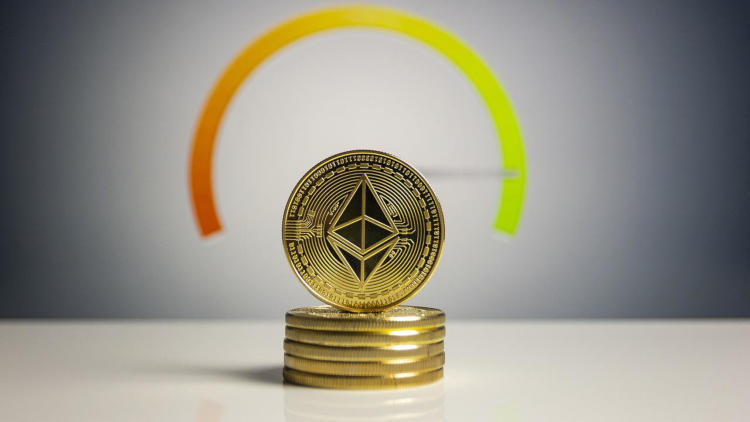
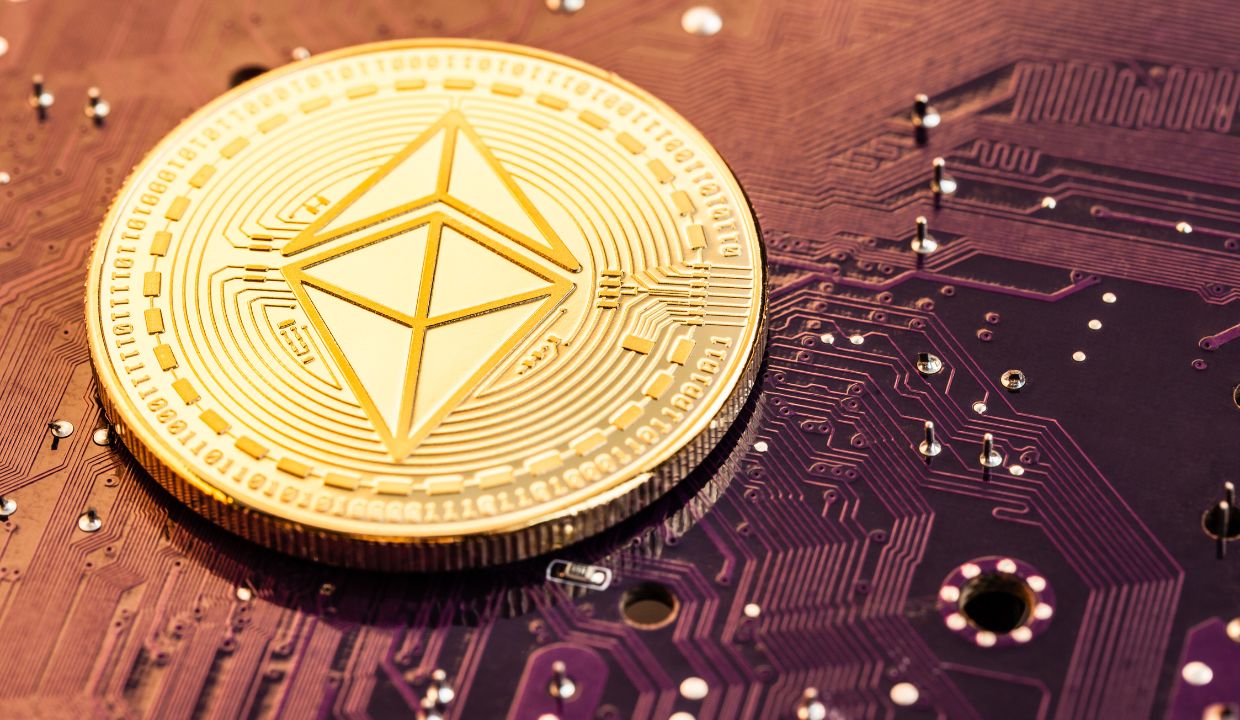
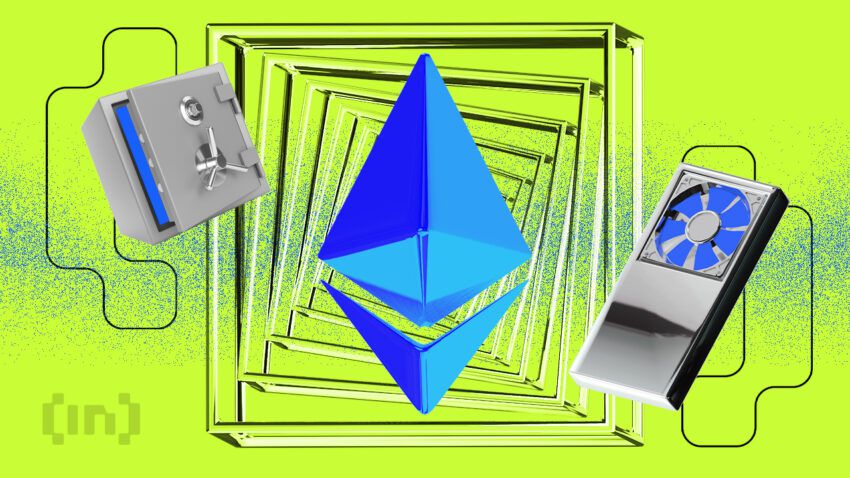
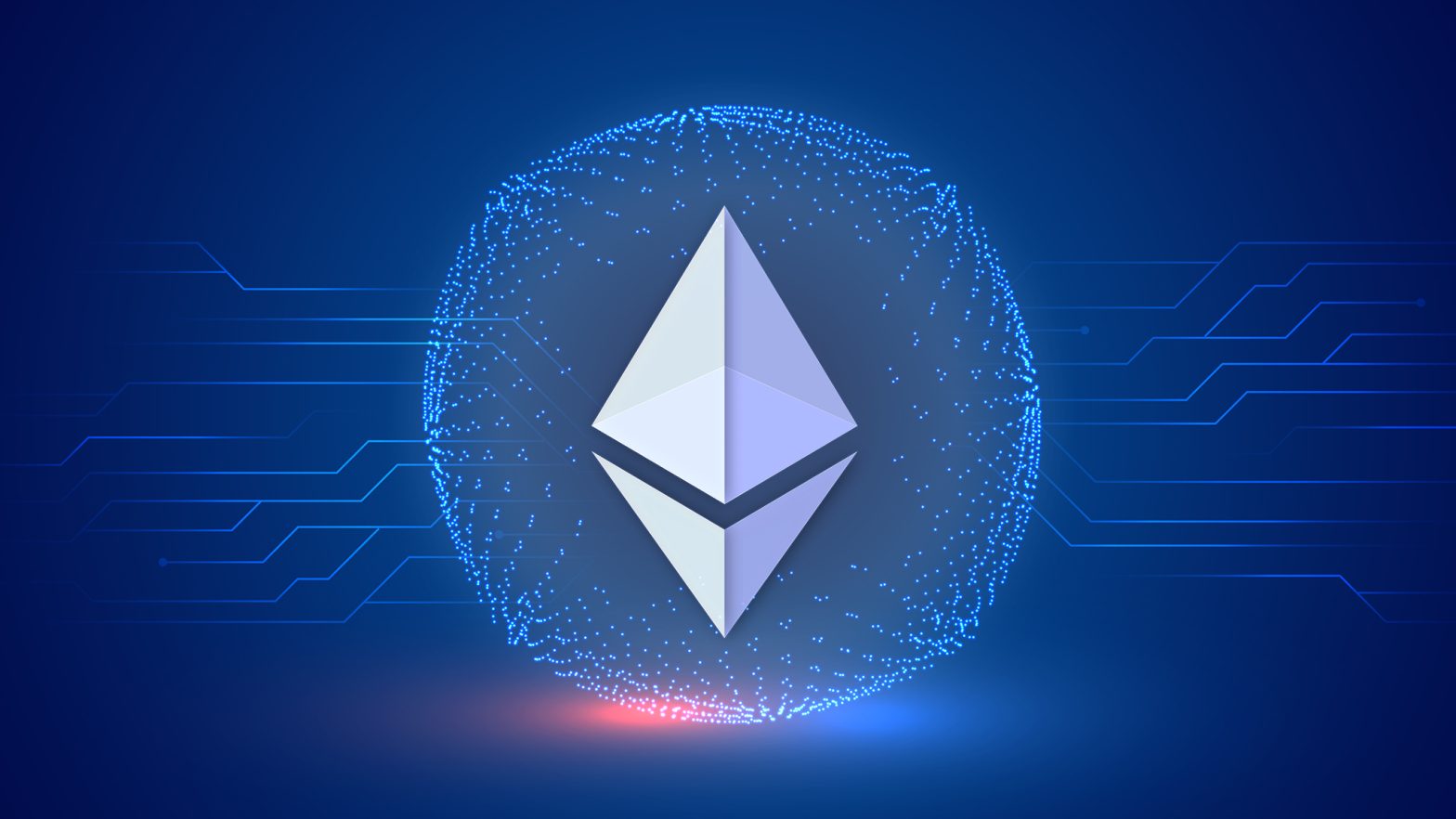
Leave a Reply